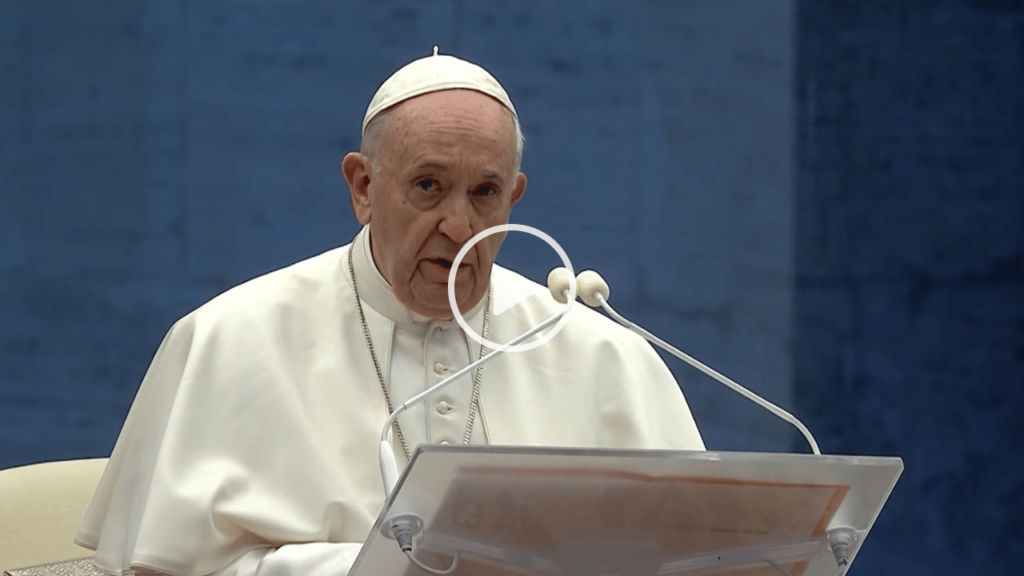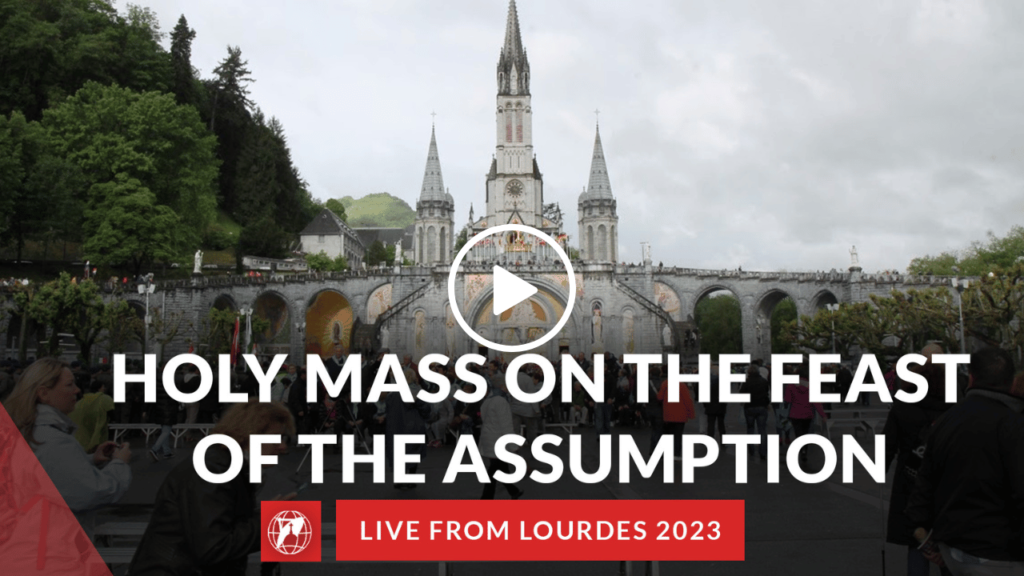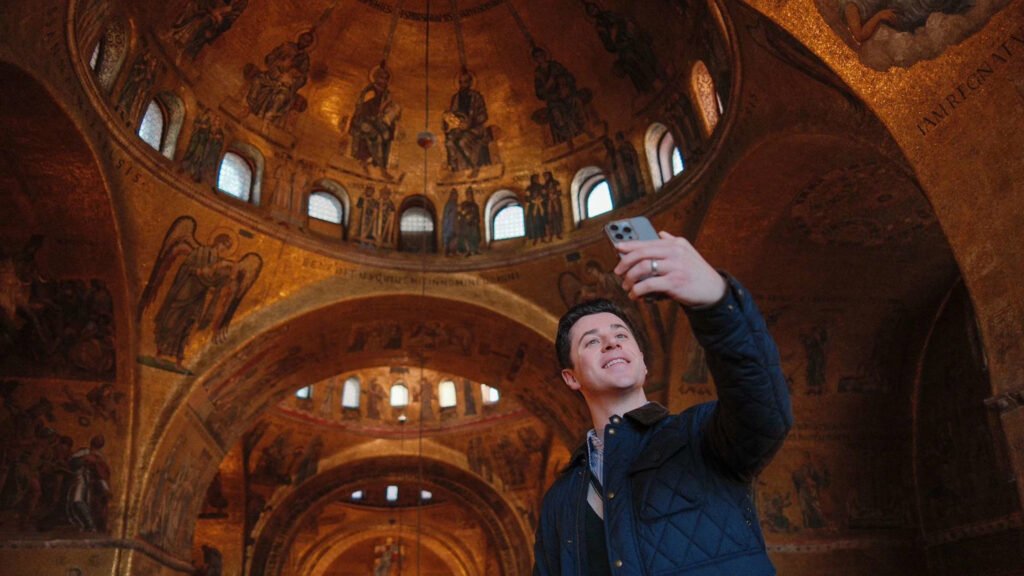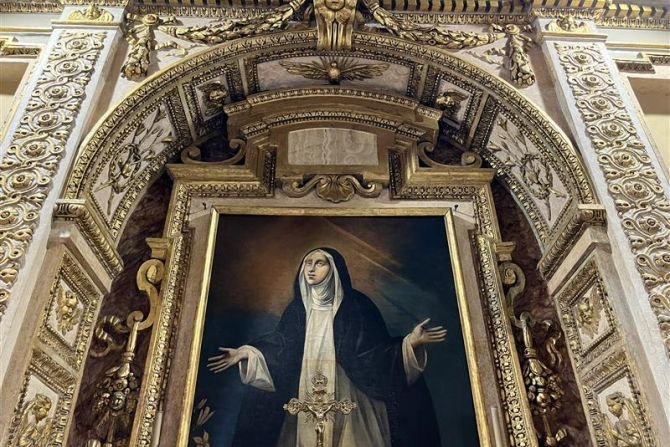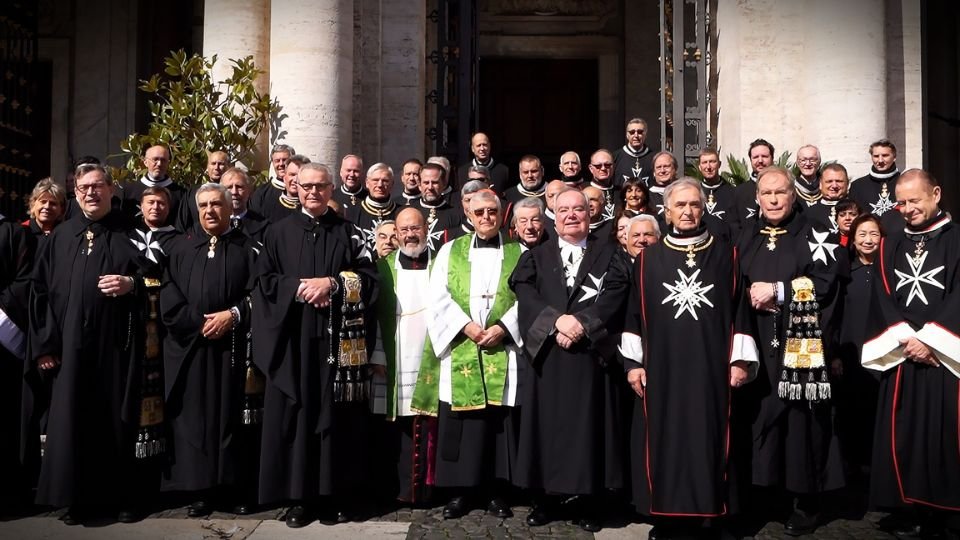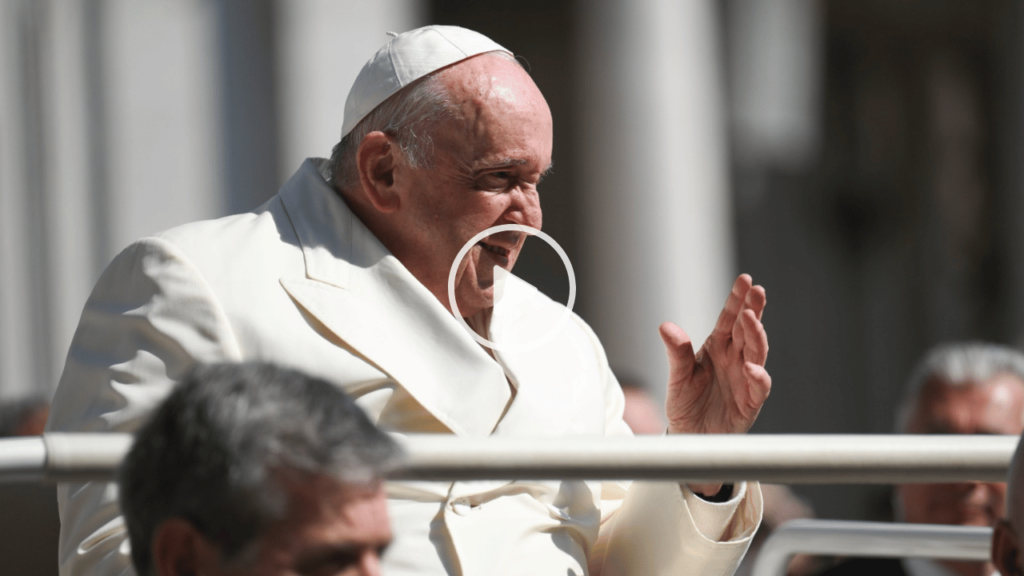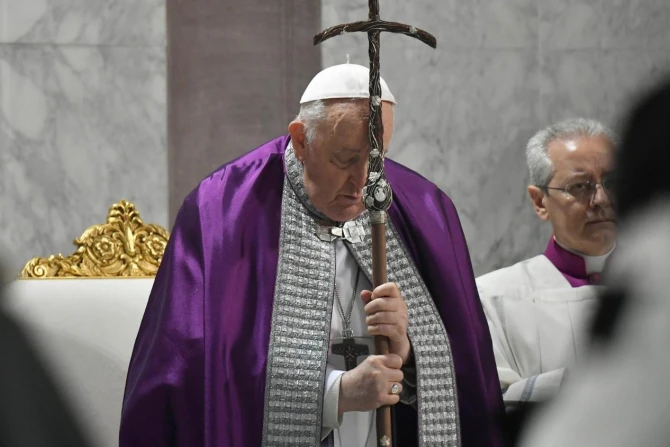It was almost two thousand years ago that St. Paul the Apostle stood in ancient Athens, and boldly proclaimed the Gospel.
The proclamation of the Gospel is inseparably part of the DNA of the Church. This has not changed over the years. What has changed, however, are the means of communication.
For centuries, popes could communicate mainly by writings. In 1931, that changed when Pius XI founded the “Vatican Radio” station. For the first time, people around the world could hear the voice of Peter’s successor over the radio.
Almost 50 years later, Pope John Paul II founded the Vatican television station CTV. Television suddenly made the Holy Father a global media star.
In 2005, Joseph Ratzinger was elected pope. The age of the Internet began. December 12, 2012, became a historic day in the media history of the church. Pope Benedict was the first pope ever to write a tweet.
With Francis, the new pope not only took over the Chair of Peter in 2013, but also Benedict’s Twitter account. Daniel Arasa, who works as a communications consultant for the Vatican, has followed how the pope’s communications strategy has evolved.
Daniel Arasa | Consultor of the Vatican Dicastery for Communications:
The explosion of social media has come later with the current pope, during the papacy of Pope Francis. The continuity of using the media and the social media in this case, has also exploded in the sense that Pope Francis and his entourage and the people that helped him, decided to transmit the view and the teachings of Pope Francis through all the different media they sent. The Vatican today is using many social media [channels] and the Pope is a star in the social media.
Today social media giants like Twitter, Instagram and Youtube are important tools for the pontiff to stay in touch with his flock.
Alessandro Gisotti | Deputy Editorial Director of the Vatican’s media:
Pope Francis, in my opinion, is reminding us every day with his words – with his gestures even more than his words – the importance of a relation[ship] with God, a merciful God, and how this relationship, this friendship with Jesus, with a merciful God, can change our life forever. So, I think this is the real core, the most important thing he is doing, even on a communication level.
The importance of the media was particularly impressive when the Corona virus pandemic broke out. Not only social life but also church life in the community threatened to die out. The picture went around the world when Pope Francis gave the blessing “Urbi et Orbi” in the deserted St. Peter’s Square in March 2020.
Francis knows the importance of the media for the church. This shows his decision to beatify Carlo Acutis in October 2020. Carlo, an Italian teenager, died of leukemia at the age of 15. A devout Catholic, he used the Internet by the early 2000s. At the age of eleven he created a website with an online directory of Eucharistic miracles.
Alessandro Gisotti | Deputy Editorial Director of the Vatican’s media:
I think that Pope Francis, with his capacity to generate images, is really up to the task to be a communicator for the social media age. And that is why the Twitter account, Pontifex, is followed by more than 50 million people, and the Instagram account more or less 10 million people. This is huge. We have to be there. We don’t have to be fearful to stay there and to evangelize, even in this new continent, because it’s really a continent. So, if we believe that new evangelization is fundamental for the third millennium and our century, we have to stay there. And I think that there is a wonderful con tinuity between Benedict XVI and Francis on this particular aspect of communication.
Once a month, the Vatican publishes a “Pope Video” on YouTube. In it, Francis speaks about a specific intention and calls on Catholics to unite with him in prayer. Juan de la Torre is part of the team that produces the videos for the Holy Father.
Juan della Torre | CEO & Founder “La Machi Communication for Good Causes”:
I think that we need to use technology as a tool. We need to understand that we are in a very unfair relationship, because we are just normal people. But, then we have cell phones where the most important minds on Earth are trying to do everything to have us spend one second more on them. So, there’s a kind of unfair fight there that we need to realize that we are we are David, and they are Goliath.
Arasa sees also a great opportunity for evangelization despite the difficulties.
Daniel Arasa | Consultor of the Vatican Dicastery for Communications:
Certainly the personal testimony is always probably the best way to diffuse the faith and the gospel. But many times these personal contacts come after a contact through the social media. So I wouldn’t put apart any of them. I would try to say we need to use all of them and because we are part of the world and the world today is also the social media. Evangelization is part of the mission of the church, so if you want to evangelize, let’s also use the social media for that.
In 2000 years the mission hasn’t changed. Pope Francis, the digital pope, is just adjusting to the modern world.

